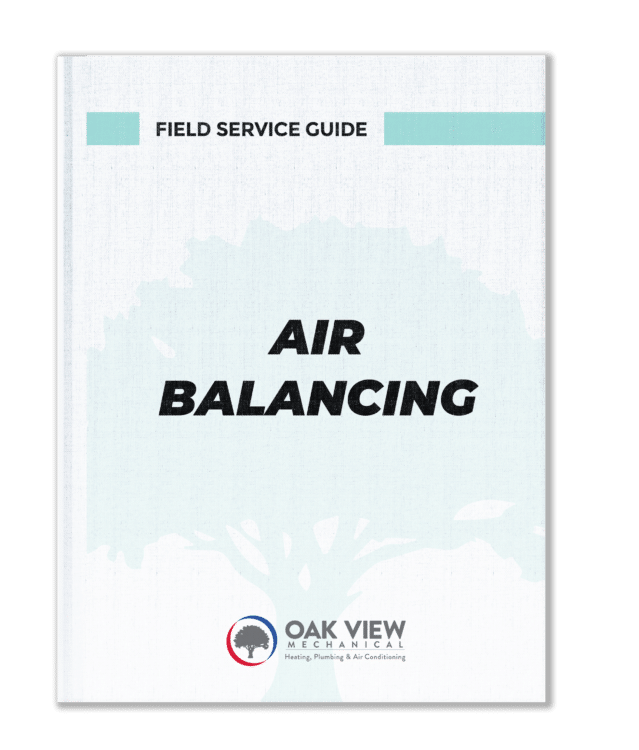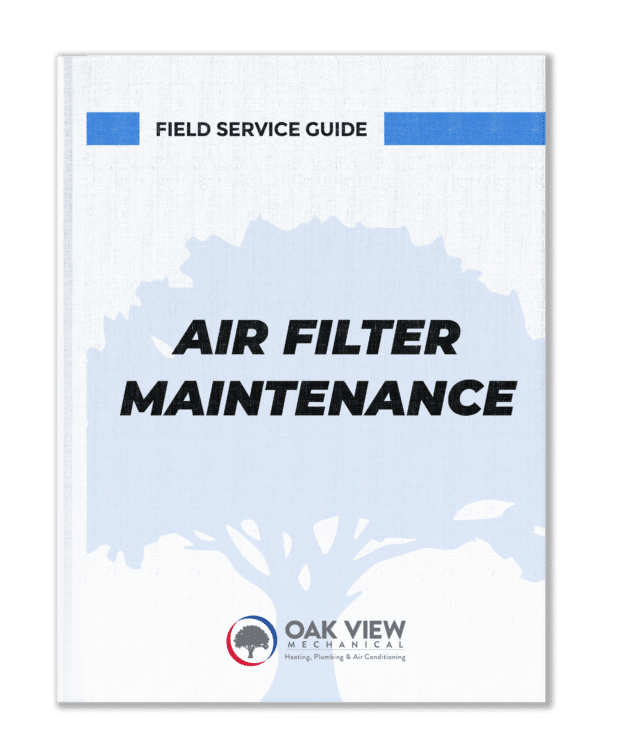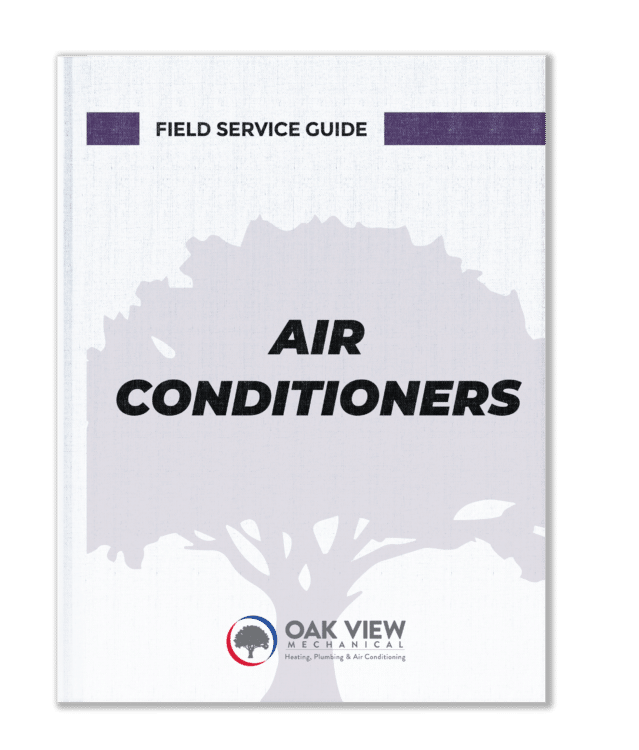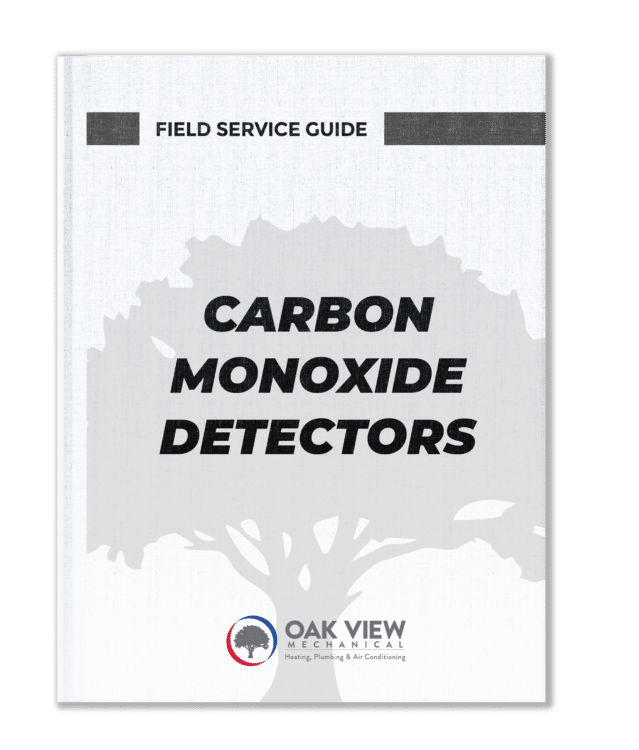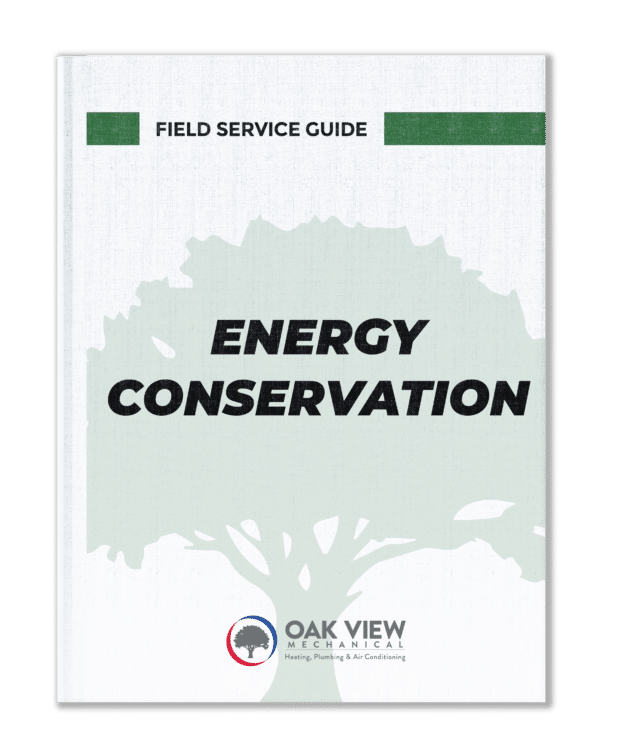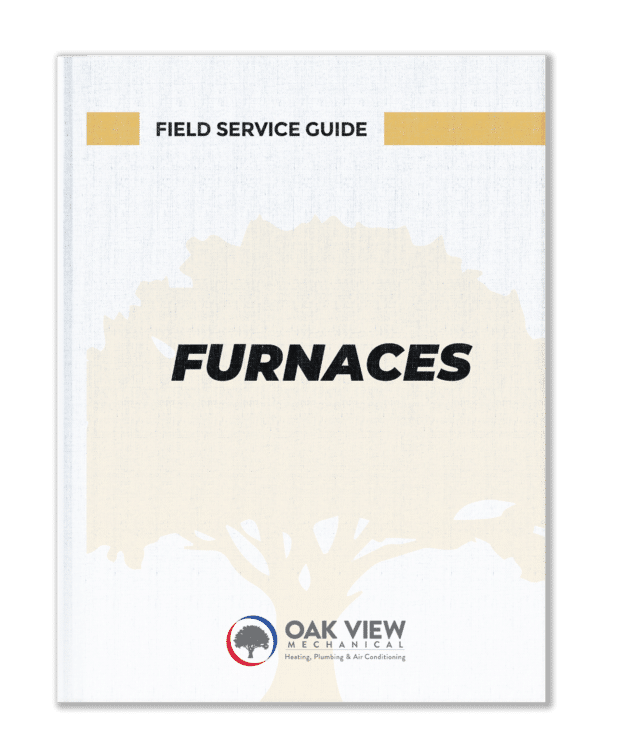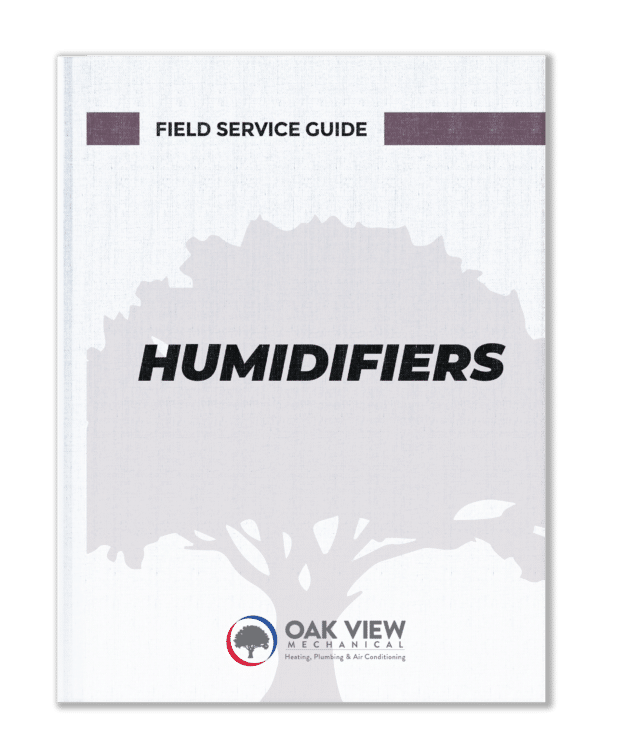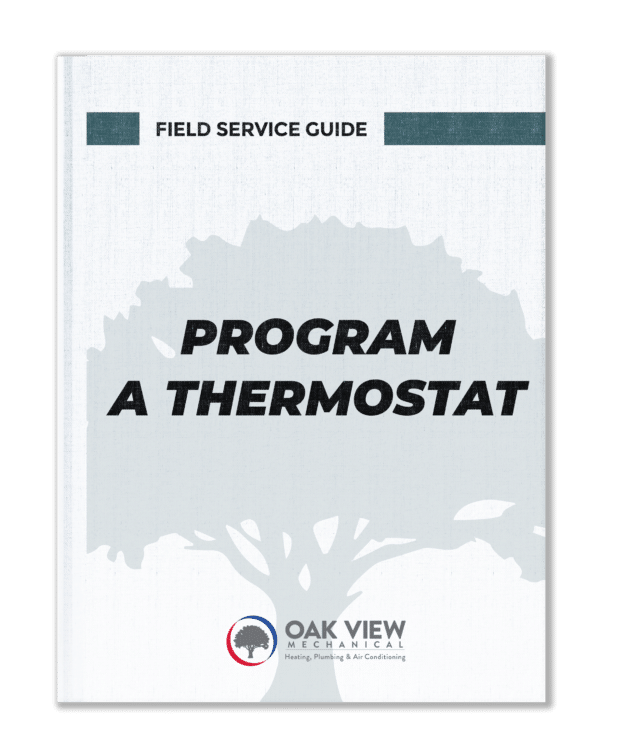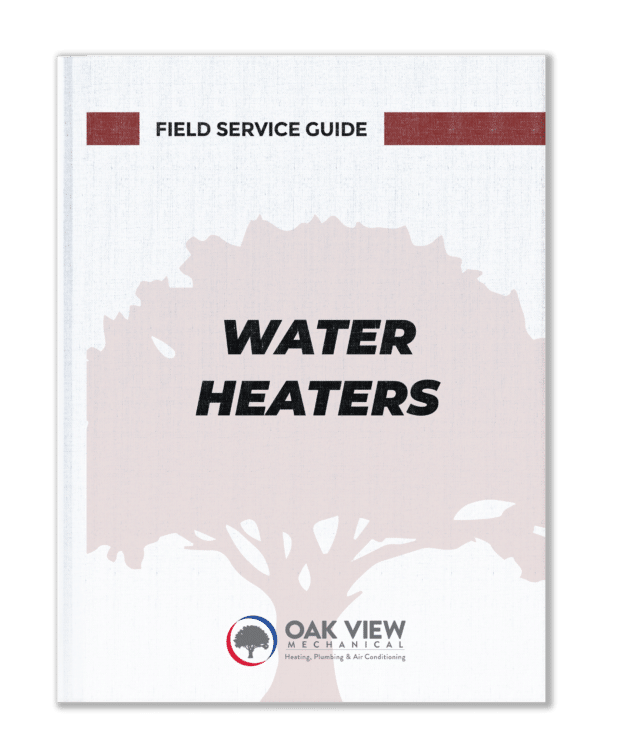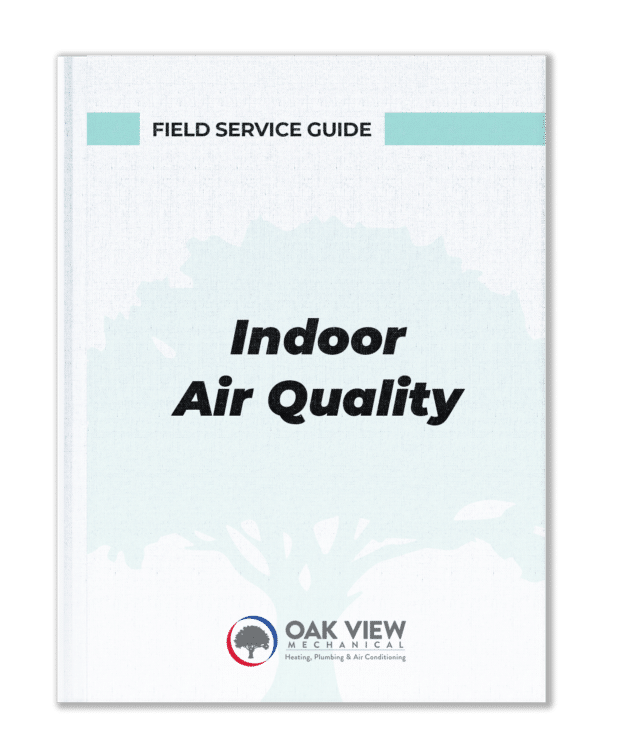Indoor Air Quality encompasses many aspects of your home’s HVAC system. Proper ventilation, air filtration and humidification are various ways to improve indoor air quality.
Colorado is mostly in a semi-arid, high-desert climate, though the weather is heavily influenced by the proximity of the Rocky Mountains and Front Range. Though the weather can be unpredictable, it typically averages over 300 sunny days per year.
The dryness, added to the usage of “forced air” heat, can leave homeowners with sinus problems, itchy skin, static electricity “shocks”, and cracks in their wood floors and furniture. A whole-house humidifier integrate into the ductwork is often the most effective way to tackle too-low humidity in your home and it eliminates the need to refill a portable humidifier. All whole-house humidifiers require a water line a power source and ductwork penetration.
Three Types of Whole-house Humidifiers
The first line of defense against airborne contaminants is to keep a house clean and well ventilated. But, for some sensitive people that may not be enough.
Household air filters are available in two basic types: media filters, which create a physical barrier that traps minute particles, and electronic filters, which use a high-voltage charge to attract and capture contaminants. Typically, air filters are either built into the heating and cooling system (whole-house filters) or are freestanding units that can be placed in individual rooms (portable filters with self-contained fans).
The most efficient way to filter household air is through your home’s forced-air heating or central air-conditioning system. The filters are built into the return-air ductwork, trapping particles as air passes through. As long as the fan is running, they are constantly filtering all the air in your house.
Flat filters can be matted-fiberglass, polyester or pleated. All must be changed regularly, because when it clogs with dust, it stops filtering the air efficiently and overworks the furnace. Check your furnace manufacturer for the recommended type of filter.
Extended media filters are a boxy unit containing an accordionlike pile of filtration media which makes them more effective than regular fiberglass or poly filters. They require professional installation because the large filter holder must be installed into the ductwork. These filters need to be replaced annually.
Electronic filters, sometimes called electrostatic precipitators, are also incorporated into the ductwork. As air passes through, a high-voltage current puts an electrical charge on particles. At the other end of the unit, oppositely charged collector plates grab the particles like a magnet. Unlike media filters, electronic filters never need replacing, but the aluminum collector plates must be cleaned in soapy water every few months. The process of charging particles, called ionization, may produce trace amounts of ozone, a lung irritant. Electronic filters require a 120-volt electrical outlet.
People worried primarily about germs can consider an ultraviolet filter. The ultraviolet light zaps airborne bacteria and viruses into oblivion.
If your house has no central air-conditioning or heating, portable room air filters are the most practical choice. Most portables employ highly effective HEPA filters, which are not generally used in whole-house systems because they need more-powerful fans than furnaces can provide.
Some portable units, call ion air cleaners, use electrostatic precipitator technology. Ion units which don’t require fans, are typically quieter than HEPA models and cost less to operate because there are no filters to replace. Portables can be noisy so some manufacturers are using smart filter technology that employ optical sensors to judge when the air is relatively clean, then switch to a lower fan setting.
Another strategy is to run a portable filter on high during the day, then turn it to low at night. Portable Ion units which are similar to whole-house electronic filters, are also easily available.
